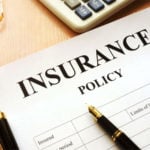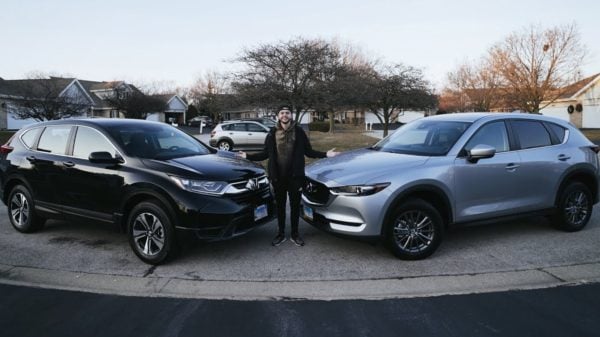How Your Car Insurance Rate is Calculated
Auto Insurance Rates
Car insurance is calculated based on several factors, from your background (age, gender, marital status) to past driving history. For instance, if you’re more prone to get into an accident, your rates will go up. These are the 10 factors affecting your car insurance rates that you should be well aware of:
1. Age
Teen drivers are deemed as risky drivers. The CDC shared that vehicle crashes are the top cause of death for teenagers in the United States. The age group most at risk are those aged 16-19 years old. Thus, their insurance rates rank high versus when they turn 25 and can get even lower for drivers between 30-69 years old.
2. Gender
Many states price auto insurance differently for females and males. Since males are more likely to get into accidents and engage in risky behavior such as not wearing a seat belt, so they often pay higher rates. However, as they get older, their prices lower as well. Some states do not let gender affect rates, such as California.
3. Location
Auto insurance prices vary by state and zip code. It depends on how many drivers are insured and how many claims are in the area. Michigan has a high auto insurance rate, while Maine has one of the lowest prices in the United States.
4. Marital Status
Married couples are less likely to engage in risky behavior, especially if they are driving around a family. However, if a married couple combines their auto insurance policies, and one driver has an imperfect driving record, the premiums could increase.
5. Driving Record
If it’s your first time driving a car, no matter your age, you pose a higher risk. Having a clean record is crucial because you will get better rates and a safe/good driver discount. Minor violations such as speeding a bit over the limit can result in slight raises in premiums. In contrast, significant violations such as getting a DUI can give you a significantly higher insurance rate.
6. Claims and Accident History
Often, drivers with a low credit score file more claims. It is riskier to have more claims. Furthermore, at-fault claims pose higher risks than not-at-fault claims.
7. Vehicle Type and Usage
The type of car you own affects your rates since data is collected on what kinds of cars cause more accidents and file more claims. Also, your vehicle can coincide with the probability of theft, cost of repairs, and safety. Additionally, insurance companies take into account how often you will be driving. Do you have long daily commutes, or are you mostly taking public transportation? Your annual mileage will be taken note of. The longer you’re out on the road, the likelier you are to get into an accident.
8. Car Coverages and Deductibles
A higher deductible will lead to lower rates, though more coverage will lead to higher costs.
9. Insurance History
If you have a record of consistently being covered by auto insurance, you can get a better rate. This is because it proves that you always protected yourself with insurance. The only time this doesn’t apply is if you are a new driver or were under your parent’s policy.
10. Discounts
In addition to having a safe/good driver discount, you can get a good student discount by receiving a “B” or higher. Furthermore, you can receive a green vehicle discount by driving a hybrid or electric car, such as a Tesla. Lastly, you can bundle your auto insurance with your homeowner’s insurance or insure multiple vehicles to receive an overall discount.
Overall, aim to keep your driving record clean and practice safe driving at all times.
To learn more about auto insurance, and how to get the best insurance rate, contact the experts at Your Money Magic by filling out our form. Our licensed partners will be happy to answer any questions you have.


































































